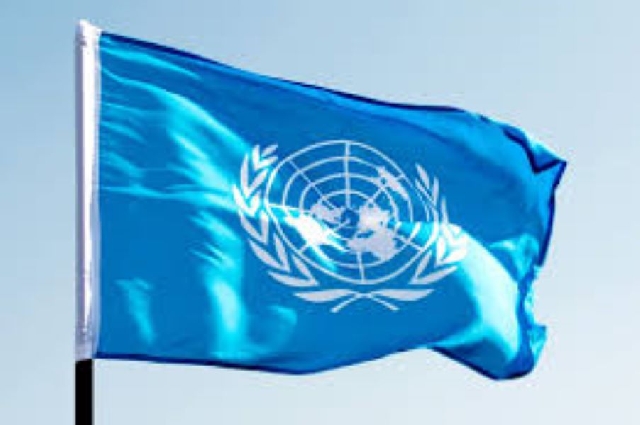2020'll be harder than Great Recession, 34m people to fall under poverty line – UN
 UN
UN
The United Nations is projecting a tough 2020 for emerging economies like Ghana.
Accordingly, the current fiscal situation brought about by the coronavirus is "tighter now" for most developing countries than it was during the global financial crisis a decade ago.
Ghana is expected to lose about GHS9 billion in tax revenue alone this year.
This shortfall in the revenue target of about GHS67 billion is expected to shoot up the fiscal deficit of Gross Domestic Product (GDP) from the about 7% (including financial and energy sector costs) to about 8.5%, some economists estimate.
The new UN report said the global pandemic will likely cause an estimated 34 million people to fall below the extreme poverty line in 2020, with 56% of the increase in African countries.
An additional 130 million people may join the ranks of people living in extreme poverty by 2030, "dealing a huge blow to global efforts for eradicating extreme poverty and hunger".
Prohibitive costs
The UN report said the fiscal cost of fighting the crisis and stimulus measures would be "prohibitive for many developing countries", leaving many in a weaker position to confront the crisis than they were in the 2008–2009 period.
South Africa's GDP could shrink by between 10% and 16.7% this year despite stimulus efforts due to a sharp plunge in economic activity, according to Business for South Africa.
"Gross external financing requirements—consisting of short-term debt, amortisation of medium- and long-term debt, and the current account deficit—have significantly increased, exceeding 20% of GDP, for example, for Argentina, Kenya, Malaysia, South Africa, Tunisia and Turkey. For most developing countries, particularly for commodity-dependent economies, the fiscal situation is tighter now than it was in 2008," the UN report said.
The UN said massive losses of jobs and income due to the pandemic would exacerbate global poverty, especially in developing countries, where unemployment insurance and other forms of social protection are minimal.
According to the report, yields on 10-year government bonds of developing economies like Brazil, Colombia, Nigeria and South Africa, increased by more than 2.0 percentage points, amid investor panic and increasing flight to safety.
"In parallel, the Brazilian real, the Mexican peso and the South African rand have depreciated by about 30% against the dollar between January and March, pushing up debt-to-GDP ratios and amplifying risks of debt distress, as most of their debt is denominated in US dollars," the report said.
Trending Business

SIC Managing Director James Agvenim-Boateng honoured by IBAG
05:34
IMF technical mission engages Ghana on implementing governance reforms
05:08
NPA hosts 2025 Downstream CEOs breakfast meeting to shape industry’s future
15:16
Ghana to establish Trade House in the UK to boost exports — High Commissioner reveals
15:05
VEMAG raises concerns over DVLA's digital number plate rollout, citing job losses
13:30
DVLA introduces temporary registration number sticker for non-fleet vehicle owners
12:05
Finance Minister urges Legon Tax Office to strengthen revenue mobilisation
10:12
GRA refutes extortion claims, clarifies duty payment incident at Kotoka International Airport
06:39
NYA CEO urges Yango couriers to be diligent and humble at 2025 Partner Conference
14:26
Agric Minister launches $147.3 m PROSPER project in Damongo to transform rural agriculture
14:15




